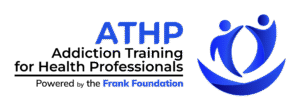In recent weeks, Dr. Eduardo Bianco, Director of the Addiction Training Program for Health Professionals (ATHP), an initiative at NextGenU.org, has participated in a series of impactful events across Latin America and Europe. These engagements underline his pivotal role in advancing global health strategies, particularly in tobacco cessation and alcohol control.
Strengthening Partnerships in Colombia: Tobacco Cessation on the Agenda
During his trip to Bogotá, Dr. Bianco met with the Non-Communicable Diseases (NCD) and Tobacco Cessation team at Colombia’s Ministry of Health (MoH), facilitated by a Colombian NATTI member. At this meeting, Bianco had the opportunity to introduce the Nicotine Addiction and Tobacco Use Treatment Initiative (NATTI) as well as NextGenU.org as an organization.
The outcome was promising: Colombia expressed interest in joining NATTI and even explored a collaboration with NextGenU.org to develop a joint grant proposal for training health professionals in that country. This meeting set the stage for further communication and solidified Colombia as a key potential partner for NATTI’s expansion.
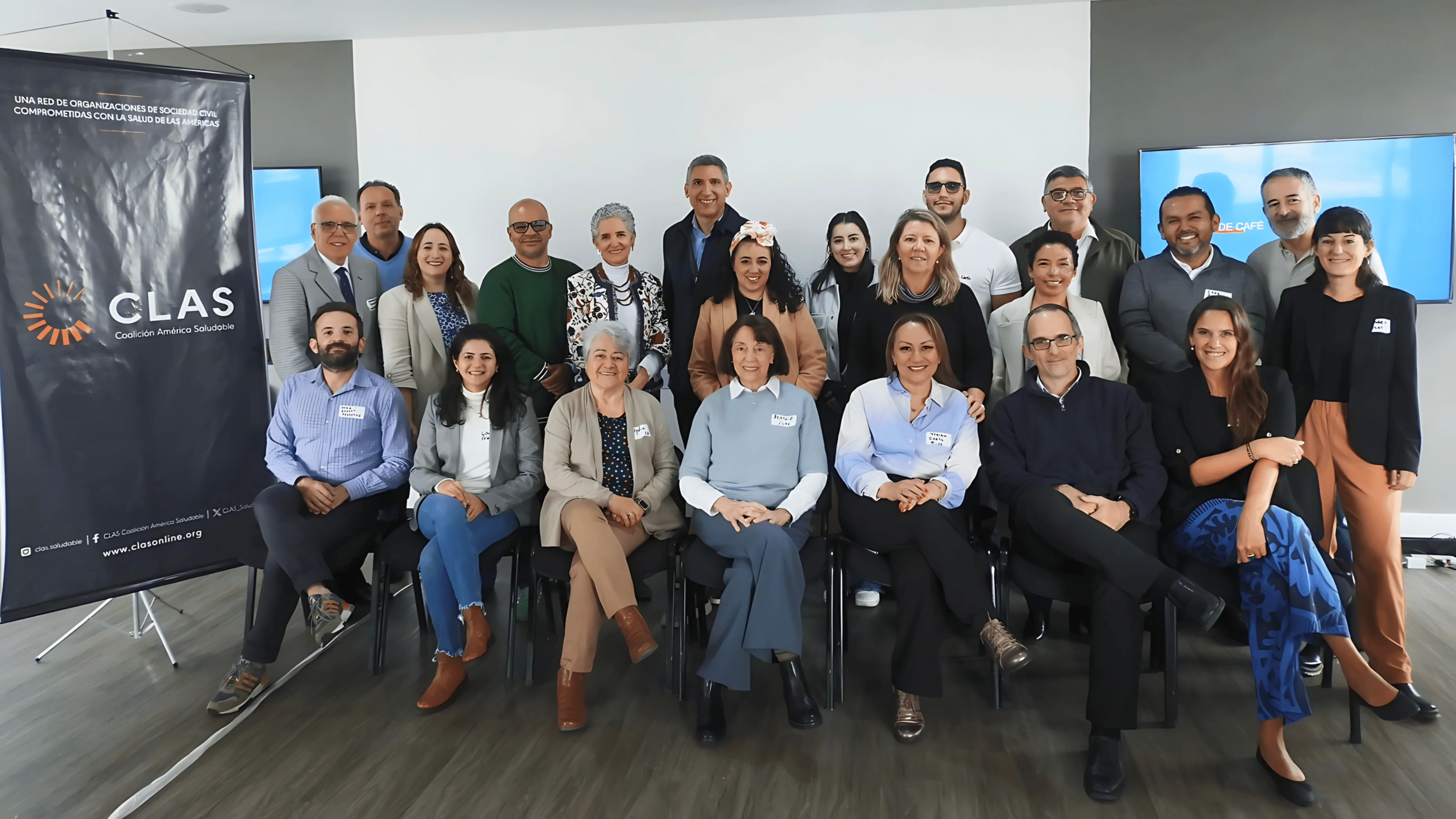
A Unified Front: Building a Civil Society Alcohol Control Alliance in Latin America
From November 20 to 21, Dr. Bianco participated in the first Regional Meeting (in person) of the Civil Society for the Reduction of Alcohol Consumption in Latin America, organized in Bogotá by the Healthy Latin American Coalition (CLAS). As a founder of CLAS and member of its Steering Committee as well as its Alcohol Policy Commission, Dr. Bianco played an active role in the preparation of the event.
This historic meeting brought together representatives from eight Latin American countries to address the issue of Regional Alcohol Challenges. Participants reviewed regional data and received advocacy training from MOVENDI International. Dr. Bianco presented a poster, on behalf of NextGenU.org, on the challenges of alcohol in Uruguay. The discussions resulted in the creation of the Latin American Regional Alliance for Alcohol Control, which established priorities and a work plan for 2025.
Dr. Bianco also briefly presented the NATTI model for smoking cessation, which sparked interest in adapting it for alcohol-related interventions. The meeting emphasized collaboration and opened avenues to expand the NextGenU.org network and support the region.
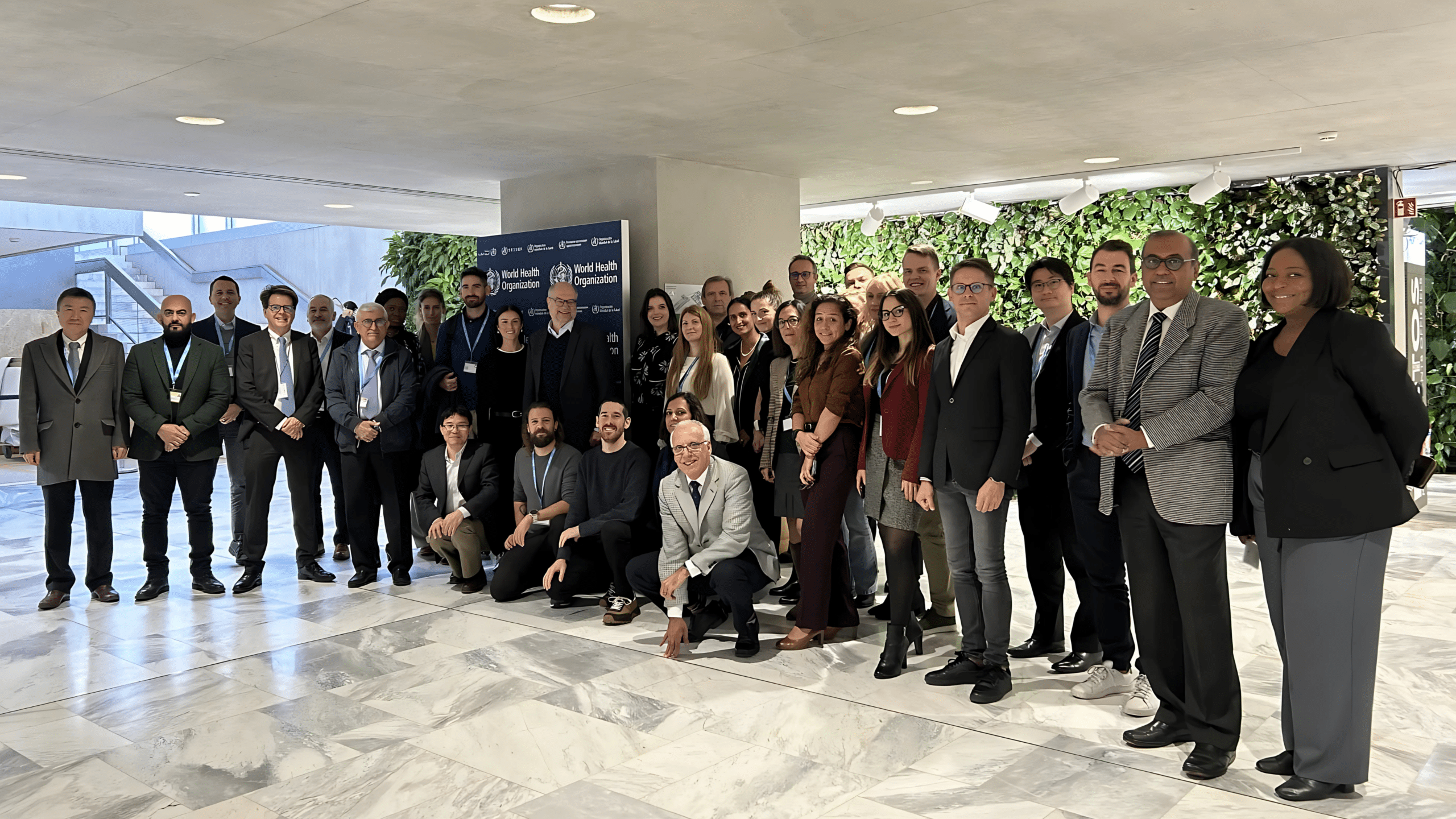
NATTI is a vital part of the WHO Consortium on Tobacco Cessation
On 26 and 27 November, Dr Bianco represented NATTI at the second meeting of the WHO Consortium on Tobacco Cessation Technical Working Group in Geneva. He led the group discussion on health system promotion and strengthening, stressing the importance of equipping health professionals with evidence-based tools for tobacco cessation.
The meeting, attended by key global stakeholders, explored innovative approaches to delivering tobacco cessation services at scale. Dr. Bianco highlighted the unique role of NATTI, fostering connections with health professional associations, scientific societies, and university schools that form these professionals. During her visit to Geneva, Bianco also held meetings with key institutions and potential partners, such as Vital Strategies and the Union for International Cancer Control (UICC), as well as with representatives of the WHO Framework Convention on Tobacco Control (FCTC). ). These interactions reinforced NATTI’s position as a key player in addressing tobacco addiction and opened the door to future collaborations.
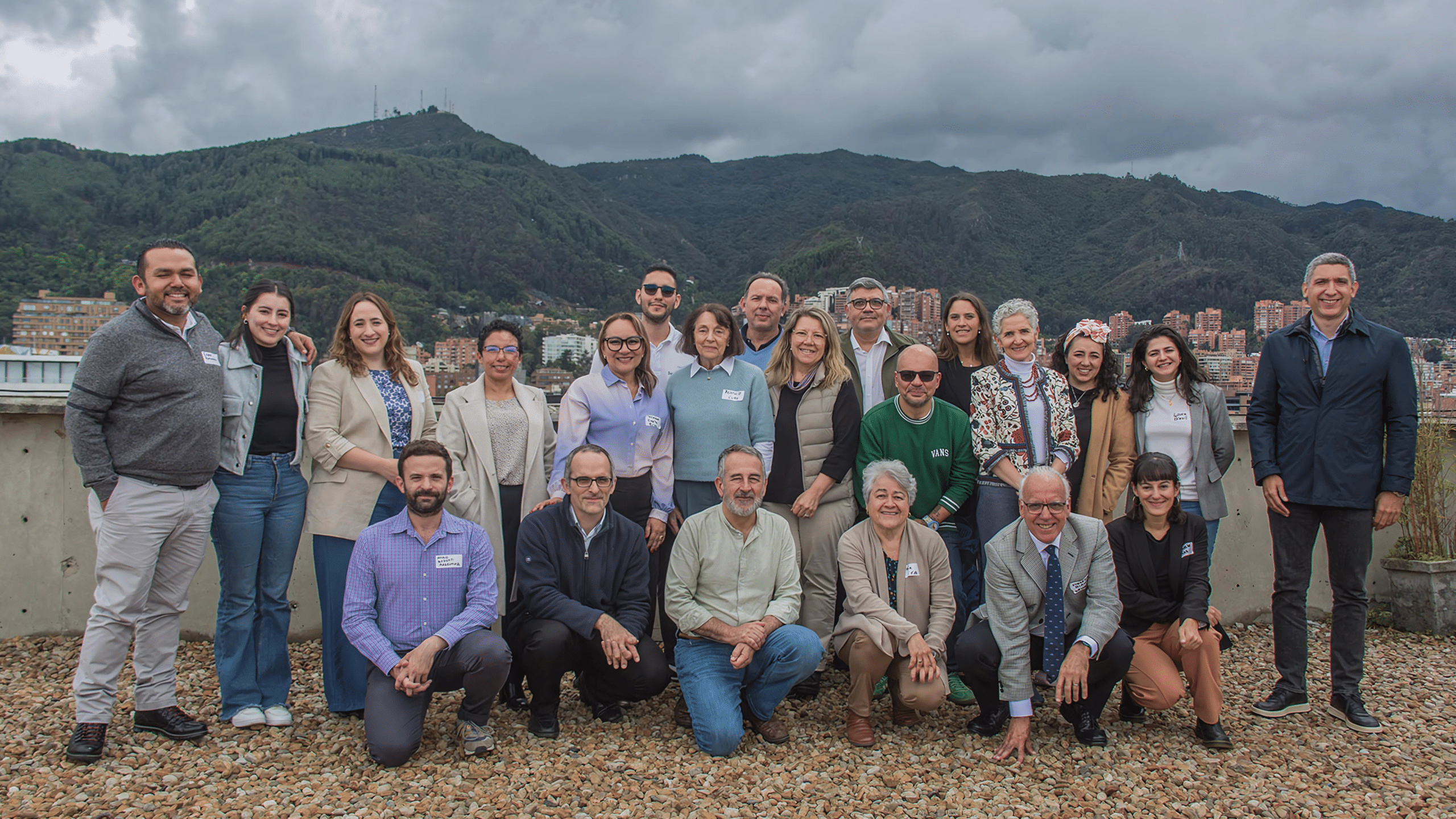
Expanding the Vision: A Collaborative Approach to Public Health Addressing Tobacco and Alcohol Use Problems
Through these engagements, Dr. Bianco has significantly advanced NATTI’s mission to train health professionals to address tobacco and nicotine addiction.
Through his contribution to the creation of the Regional Alliance for Alcohol Control, he reinforced the need for effective alcohol-disincentive policies and the need to train health professionals on the problem of alcohol and how to intervene to help people with alcohol use disorders.
These recent activities by Dr. Bianco underscore the importance of cross-sector collaboration, advocacy, and education to achieve sustainable public health outcomes.
As NATTI and ATHP expand their reach, their commitment to improving global health through innovative training programs remains strong.
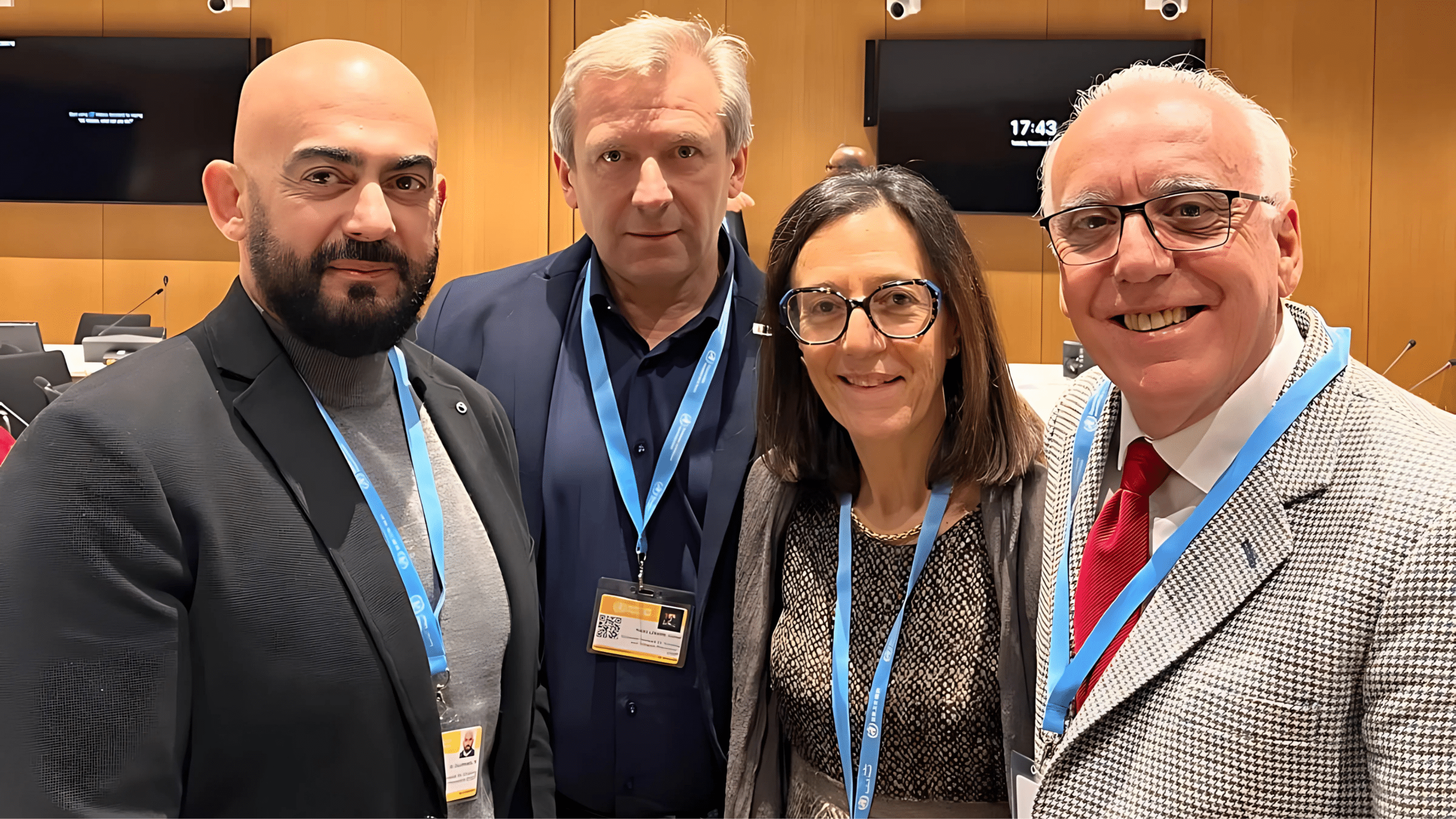
Why Focus on Tobacco and Alcohol Control?
Tobacco and alcohol represent two of the most significant preventable causes of death and disease globally. Tobacco alone claims over 8 million lives annually, making it the deadliest substance worldwide, while alcohol contributes to 3 million deaths each year and countless instances of injury, illness, and social harm. Both substances not only devastate individual lives but also place immense pressure on healthcare systems and hinder economic and social development.
Through NATTI, we focus exclusively on tackling tobacco addiction by equipping health professionals with evidence-based tools and training to prevent and treat nicotine dependence effectively. However, recognizing the parallel public health crisis posed by alcohol, NextGenU.org is laying the groundwork for a complementary initiative dedicated to alcohol control. Together, these efforts aim to address two of the most pervasive challenges in public health, creating a foundation for healthier communities worldwide.
By expanding our impact across these two critical areas, we’re not only addressing the immediate health risks but also fostering long-term, sustainable solutions to reduce the global burden of addiction.
